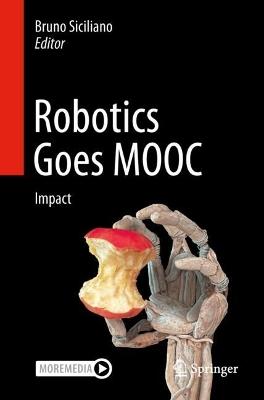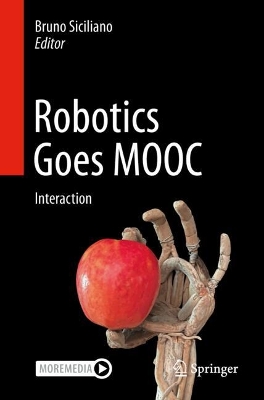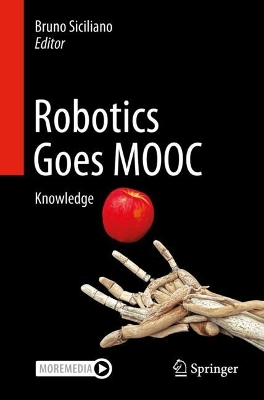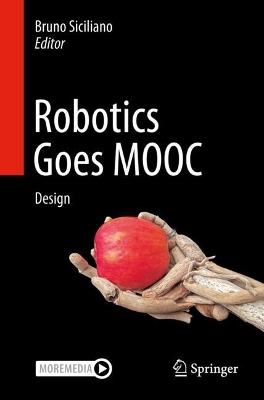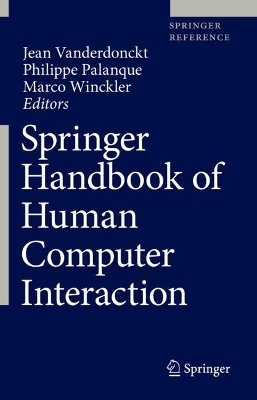Serious Games, Interaction and Simulation
 -15%
portes grátis
-15%
portes grátis
Serious Games, Interaction and Simulation
6th International Conference, SGAMES 2016, Porto, Portugal, June 16-17, 2016, Revised Selected Papers
Escudeiro, Paula; Vaz de Carvalho, Carlos; Coelho, Antonio
Springer International Publishing AG
12/2016
157
Mole
Inglês
9783319510545
15 a 20 dias
2701

